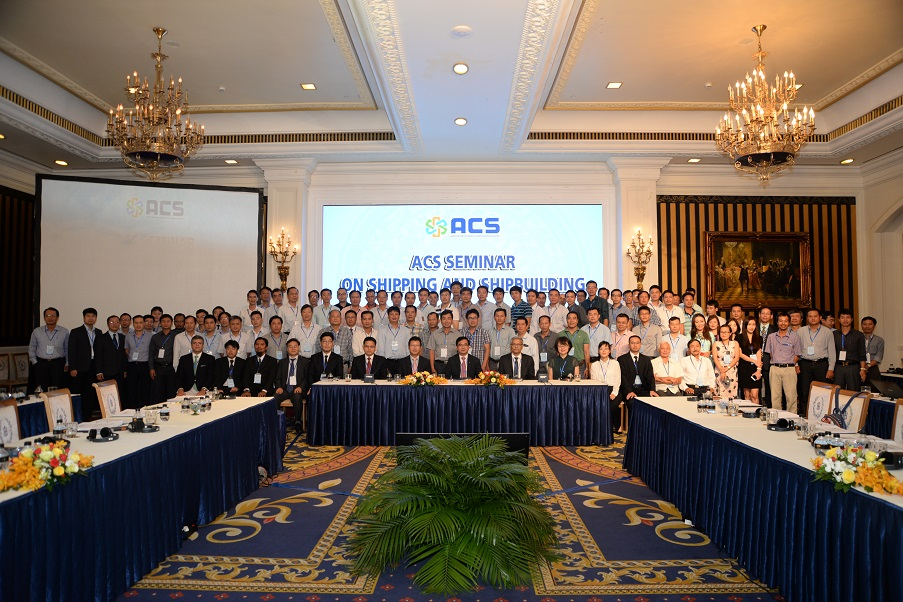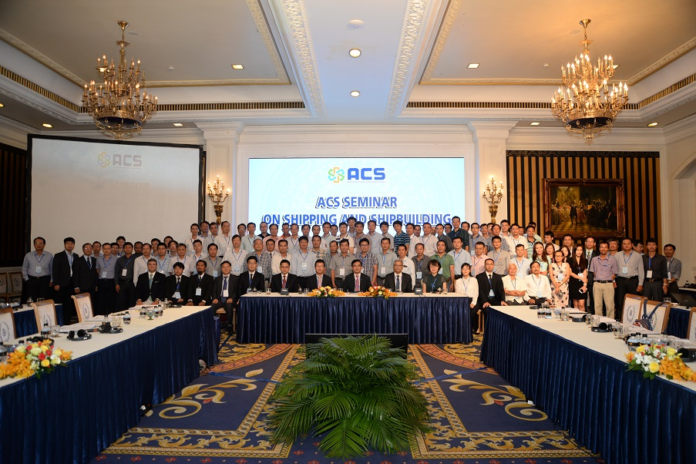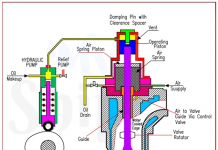
A classification society is the non governmental corporation that manages & sustain technical standards for the building & performance of the ships & offshore structures. To circumvent liability, they clearly take no accountability for the safety, fitness for purpose, or seaworthiness of the ship.
Definition of Classification Society
The following definition pertain in regard of the membership of IACS. A Classification Society is an organisation which:
(i) publishes its own classification Rules in association with the design, building & inspection of ships, & has the capacity to (a) apply, (b) maintain and (c) update those Rules & Regulations with its own funds on the regular basis;
(ii) Ratifies compliance with these Rules during building & periodically during a classed ship’s service life;
(iii) publishes a register of classed ships;
(iv) is not regulated by, & does not have interests in, ship-owners, shipbuilders or others involved commercially in the manufacture, equipping, repair or performance of ships; &
(v) is approved by the Flag Administration as described in the SOLAS Chapter XI-1, Regulation 1 & listed appropriately in the IMO database, Global Integrated Shipping Information System (GIS);.
The motive of the Classification Society is to furnish classification & statutory services & aid to the maritime industry & serving bodies as concerns maritime safety & pollution prevention, based on the collection of the maritime knowledge & technology. The motive of the ship classification is to inspect the structural strength & integrity of important parts of the ship‘s hull & its accessories, & the reliability & function of the propulsion & steering systems, power generation & those other functions & auxiliary systems which have been built into the ship in order to keep important services on board. Classification Societies focuses to execute this motive through the development & application of their own Rules & by ratify compliance with the international & national statutory rules on behalf of flag state authorities.
The extensive predominance of the commercial ships are constructed to & inspected for the compliance with the standards prescribed by the Classification Societies. These standards are furnished by the classification society as published Rules. But, a classification certificate should not be considered as a guarantee of safety, fitness for the purpose of seaworthiness of the ship. It is an evidence only that the vessel is in accordance with the Rules that have been formed & issued by the society issuing it. Additionally, Classification Societies are not guarantors of safety of life or property at the sea or the seaworthiness of the vessel because while the classification of the vessel is depends on the understanding that the vessel is loaded, operated & kept in a proper condition by the competent & qualified personnel, the Society has no control over how the vessel is performed & kept between the periodical surveys it management.
More than(>) 50 administration worldwide explained their act as furnishing some form of marine classification services; But, not all achieve the explanation given in the Appendix 1. Some of that(see Appendix 2) established the International Association of Classification Societies (IACS). Classification is one point within the maritime safety system. Others with the liability in encouraging maritime safety comprising shipowners, shipbuilders, flag Administrations, port State control authorities, underwriters, shipping financiers, charterers, &, of course, seafarers.
The function of the Classification Societies has been accepted in the International Convention for the Safety of Life at the Sea, (SOLAS) & in the 1988 Protocol to the International Convention on the Load Lines. This statutory role is addressed later in this note.
A ship constructed in compliance with the prescribed rules of the IACS Member society may be allocated a class nomination by the society on acceptable completion of the applicable surveys. For ships in service, the society performed inspections to check that the ship remains in accordance with those Rules. Should any deficiency that may trouble class become SAFER AND CLEANER SHIPPING, or damages be assisted between the applicable inspections, the owner is needed to notify the society concerned without delay.
The classification of the ship depends on the assumptions that the vessel is loaded, performed & kept in the proper way by the competent & experienced crew. A vessel maybe kept in class given that, in the view of the society concerned, it remains in accordance with the applicable Rules, as discovered by periodic inspections. Classification Rules have been prepared over many years by each society by deep research & development & service experience are subjected to consistent improvement. Additionally, Unified Requirements have been accepted by the IACS Members & exchanged into the individual Members‘ Rules. Statutory conditions are formed at the IMO & where necessary, Unified Interpretations of them are accepted by the IACS.




